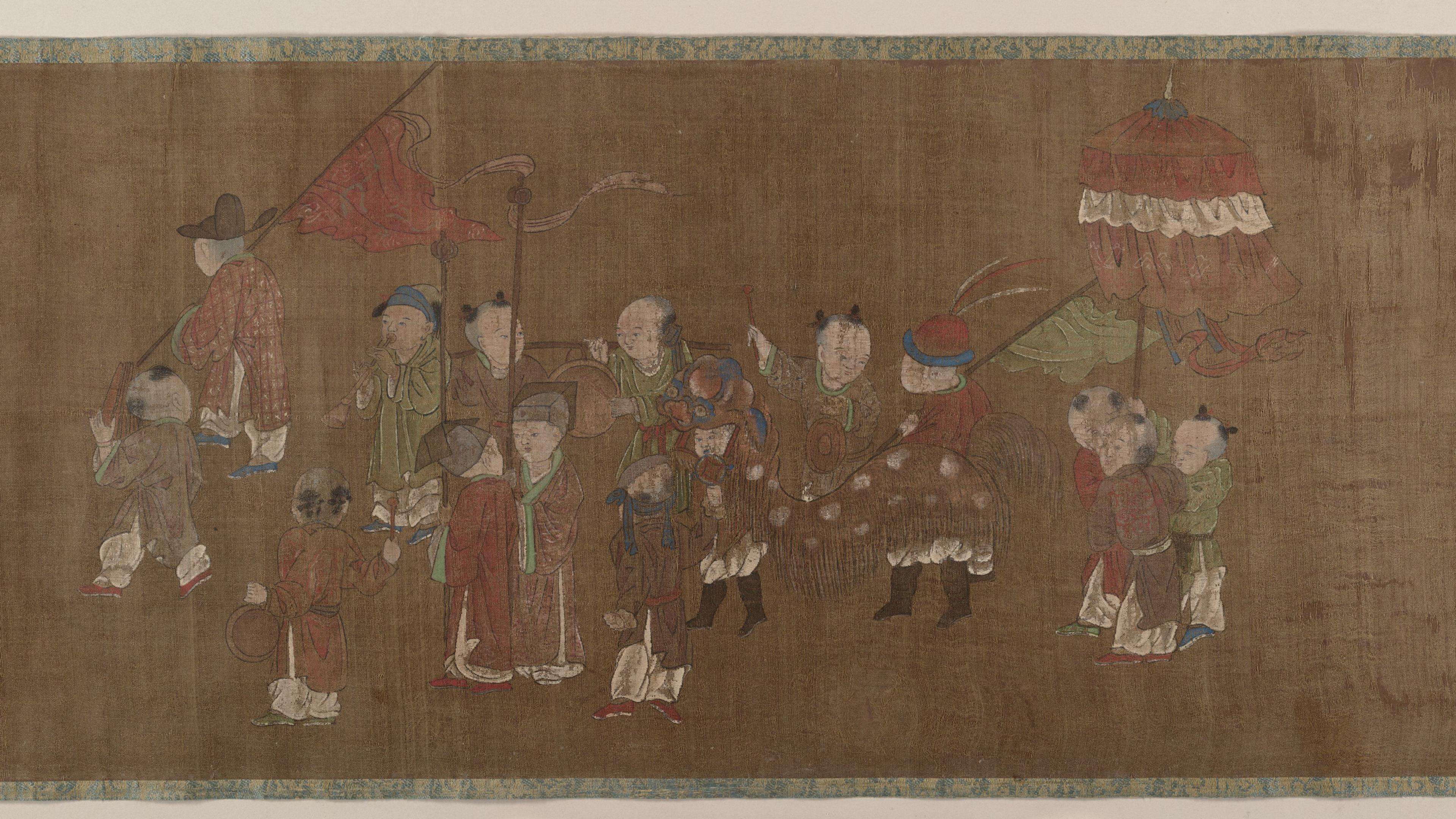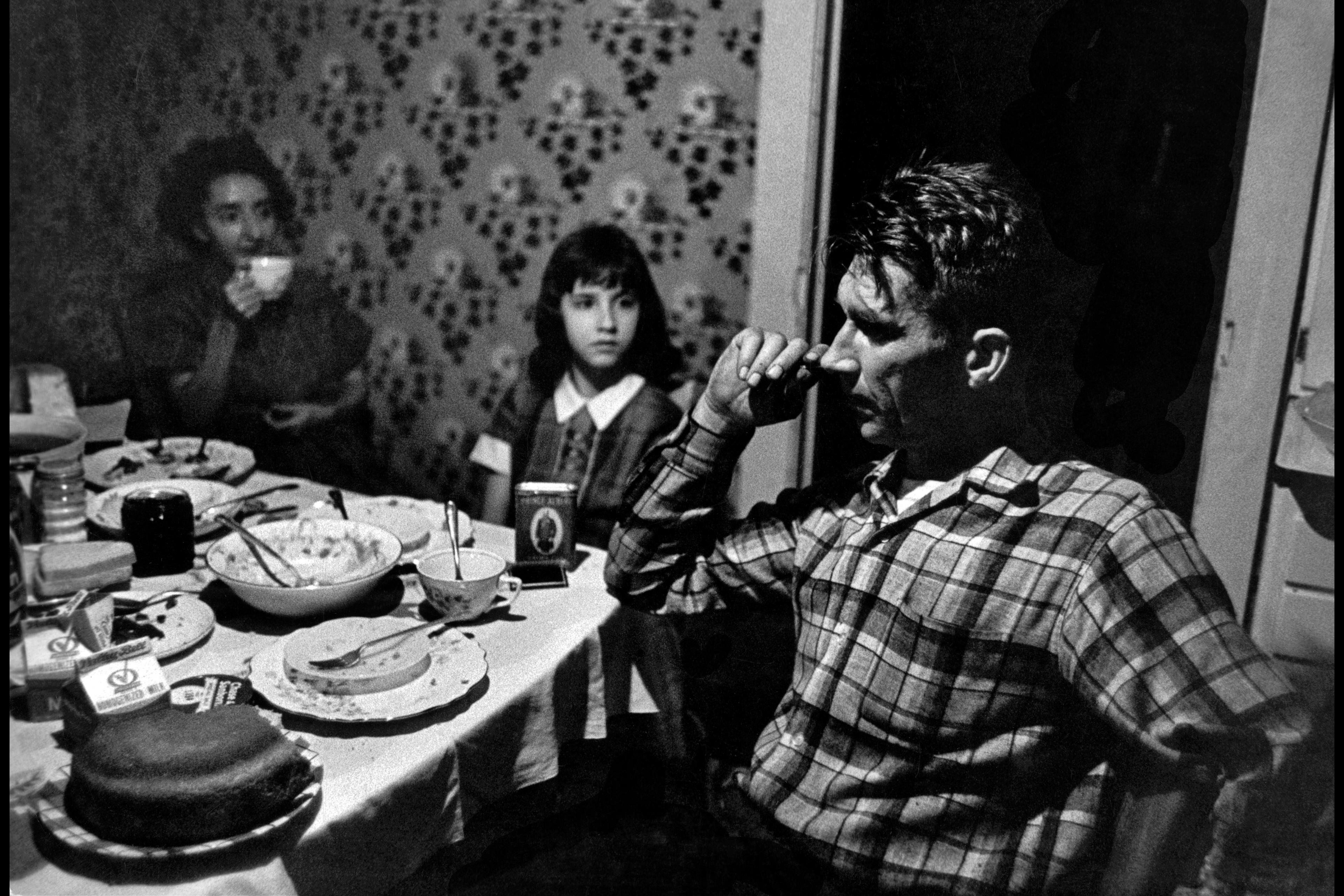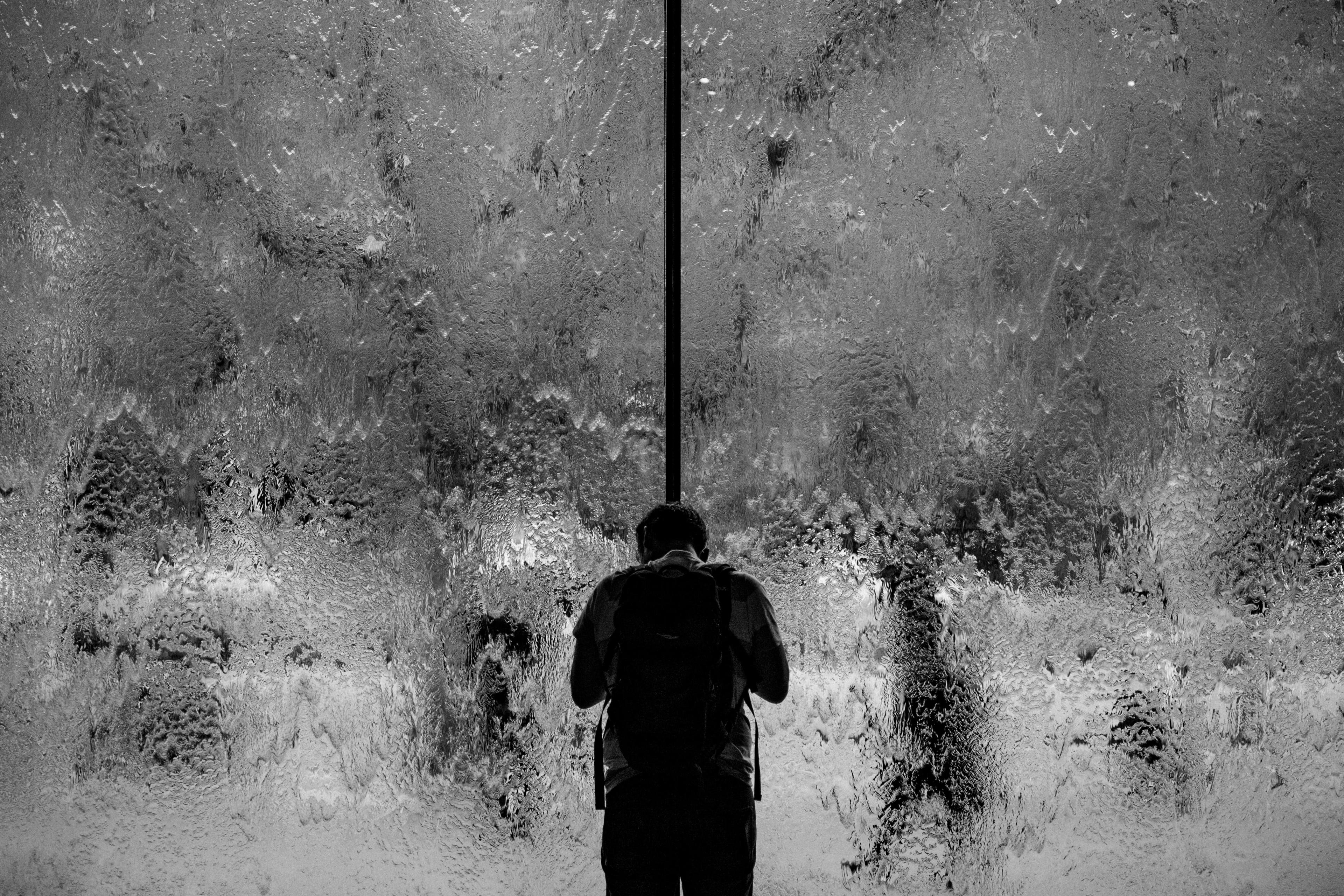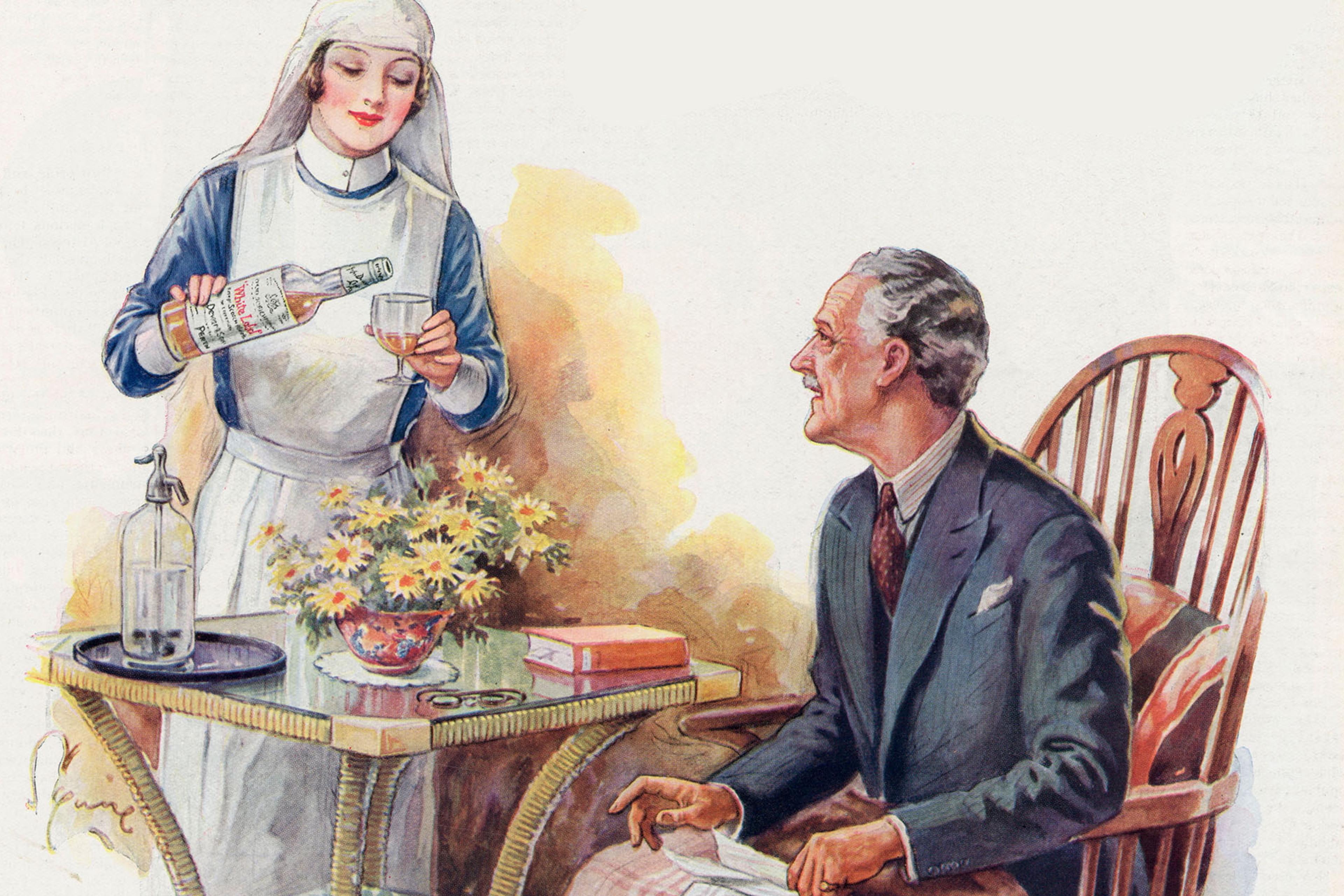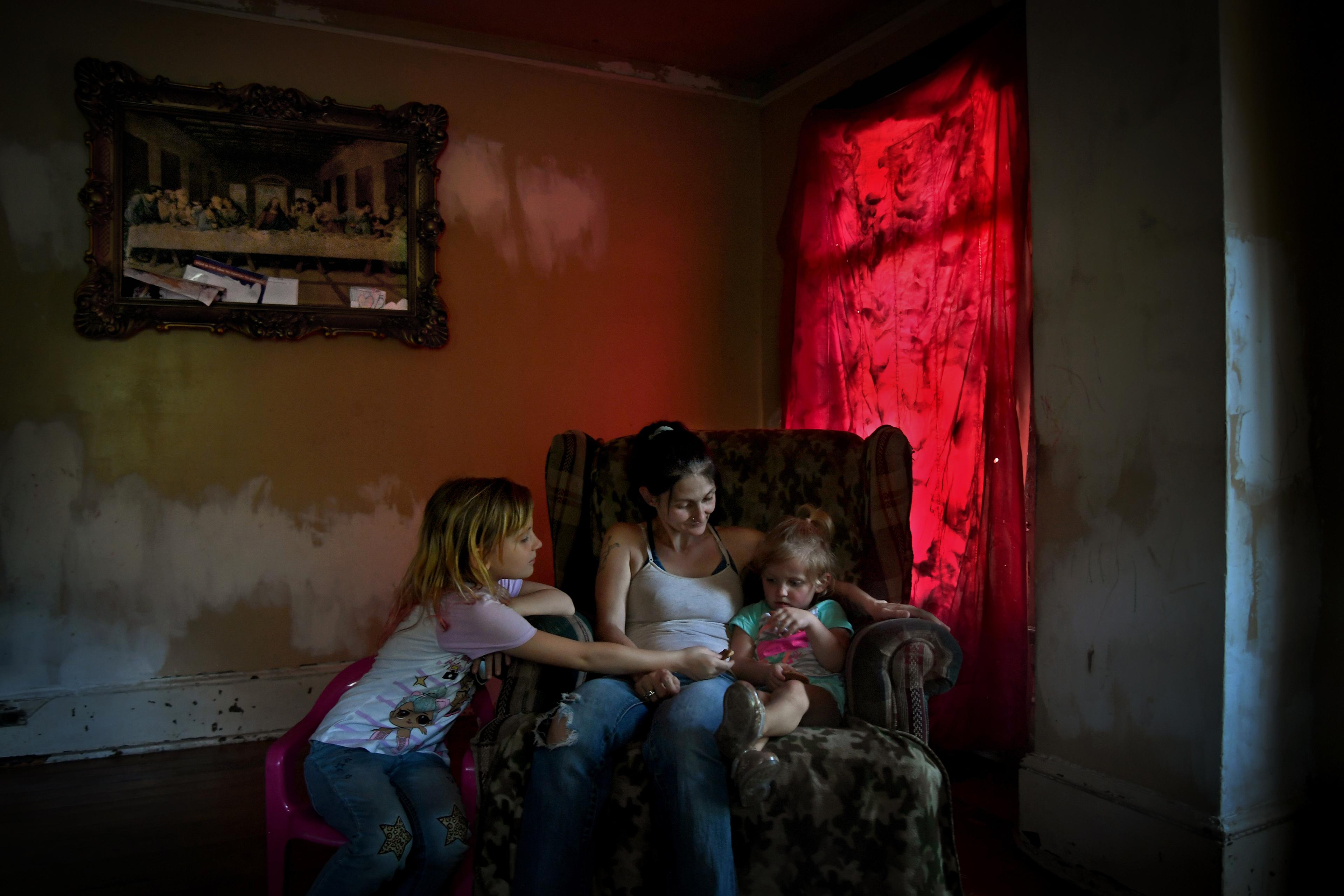Mental illness is often thought to be a matter of individual disorder. Modern psychiatry looks to features of individual experience, behaviour and thoughts to diagnose mental illness, and focuses on individual remedies to treat it. If you are depressed, this is understood as your response to circumstances, based on features of your genetics, disordered patterns of thinking, or personal problems and emotional states. Western treatment of mental illness follows these same individualistic lines. The individual is provided with medicine and therapy, which are certainly helpful.
But such an emphasis on the individual can lead us to neglect communal approaches to treatment. Often overlooked are the ways in which social norms, cultural beliefs and communal attitudes contribute to mental illness. Ancient Chinese scholars understood this well.
These thinkers recognised a number of mental and behavioural disorders as illnesses (bing), which were categorised and discussed in the earliest-known medical text in China, the Huangdi Neijing Lingshu Jing (the oldest parts of which date to the 4th century BCE). This text describes a number of mental illnesses, most prominently dian, marked by ‘unhappiness, headache, red eyes and a troubled mind’, and kuang, marked by ‘manic forgetfulness, flying into rages’ and ‘wild activity’, among other symptoms. Early Chinese medical scholars understood such mental illnesses to have a number of contributing causes, including overabundance of emotion, failure to control desires, the depletion of ‘vital energy’ from the organs – and the community to which one belongs.
Mental illness is linked to emotion in a number of early philosophical and medical texts. A passage from the Guanzi instructs that harmonious and effective action is possible only in the absence of the kinds of extreme joy, pleasure and anger that can disorder the mind, leading it to ‘lose its (original) form’. The Zhongyong associates harmony (he) with the proper restriction of the emotions. A passage in the Huangdi Neijing reads: ‘When anger abounds and does not end, then it will harm the mind.’ Just as in the case of tools or machines, there are ways in which we can use our bodies that overtax or harm them, and thus cause injury and illness (including mental illness), according to ancient Chinese scholars. This is an astute insight into the nature of illness.
Today, we recognise the importance of communities and situations in some instances related to illness, but still hesitate to attribute illness to communal causes. The American Psychiatric Association (in the latest edition of its handbook, the DSM-5), for example, recognises the reality of situational mental illness, as well as illness in part caused by social and developmental factors. We recognise that overwork can lead to burnout, for example, and that traumatic events can lead to illnesses such as post-traumatic stress disorder and other conditions that the DSM categorises as ‘trauma and stressor-related disorders’. Still, might communities and their features be more central to causing mental illness than we think?
According to ancient Chinese scholars, we can avoid illnesses caused by overabundant emotion (or treat them) by learning to restrain the mind. ‘Let the mind have no anger,’ instructs a passage from the Huangdi Neijing. However, achieving this requires more than just individualised approaches aimed at restructuring the way that ill individuals think about their experience. As helpful as treatments such as psychiatric medication or cognitive behavioural therapy are, they don’t address all the underlying issues that lead to mental illness. Features of the communities and cultures of which one is a member have great influence on the formation and expression of our emotions. It would be wrong to see anger, for example, as a universally natural response to certain events, independent of culture. Members of certain communities will be more likely to display or feel anger in given situations than members of other communities with different cultural norms governing emotion. The ways in which we evaluate and even experience emotions are influenced by elements of culture. In an interview in 2018, the Dutch cultural psychologist Batja Mesquita said:
Many cultures don’t think about their emotions as something that lives inside of an individual, but more as something between people. In those cultures, emotions are what people do together, with each other. So when I’m angry, that is something that lives between you and me.
Mental illness is often due to a combination of genetic predisposition and situational features. What calls for anxiety, anger, joy or other responses will almost always be in large part dependent on communal norms, of the kind integrated into the expectations and behavioural tendencies of individuals from a young age, through interaction with the community. This is why, for example, certain unfilial actions or disrespect of a parent or elder will cause enormous shame in certain East Asian cultures, but not in many Western cultures. Cultural factors also make certain groups, such as Asian Americans for example, less likely to seek psychiatric healthcare than other ethnic groups in the US.
None of this would have been news to Chinese scholars such as the early Confucians, who recognised that the behaviours and attitudes of individuals are not due solely to individual character and decisions. This is the reason why Confucius taught that, if you wish to become virtuous, you must be careful whom you are around. He advised that we should take as friends only those who are at least as morally good as we are. Being part of harmonious and virtuous communities is necessary for the development of healthy behaviours, attitudes and emotions. If we are in bad, vicious or unhealthy communities, our beliefs, emotions, expectations and attitudes (among other things) will be disordered in critical ways.
This is relevant when it comes to mental illness, because such illness is at least in part a matter of behavioural and emotional norms governed by society. Confucians would likely have said of our own modern world that the alienation created by the self-centredness required for modern economic and consumer culture plays a major role in driving mental illness. Tu Weiming, a contemporary scholar of Confucianism, writes that, according to the Confucian view, ‘self-centredness easily leads to a closed world … to a state of paralysis’. The kinds of community that promote self-centredness and self-concern – ranging from the seemingly innocuous concern with ‘defining oneself’, via various individual and consumer choices, to the corrosive lack of empathy or care for others in the community – are communities likely to inculcate in individual members behavioural and attitudinal traits that contribute to mental illness.
We might disagree with ancient Chinese scholars on the exact nature of the connection between mental illness and emotions such as anger, joy or anxiety, but work in modern psychiatry suggests that we should take to heart their point about how communally influenced features of our behaviour and attitudes can contribute to causing mental illness and must play a role in treatment.
As we try to address the widespread and seemingly increasing problem of mental illness in our modern world – the Centers for Disease Control and Prevention estimates that more than 50 per cent of the US population will be diagnosed with a mental illness or disorder within their lifetime, and that as many as 4 per cent of the population live with serious mental illness – we should take heed of the Confucian view. There is evidence that mental illness is increasing in younger members of society, along with increases in suicide and attempted suicide. Such increases in mental illness might say less about individual traits than they do about certain alienating and corrosive features of our society. As Confucius himself said: ‘The faults of an individual are in each case attributable to their group.’ While many efforts, including providing greater access to professional mental health treatment, should be part of our response to the problem of mental illness, we should also carefully and seriously consider which aspects of our shared cultures might be contributing to the rise of mental illness. A healthy community is also a thriving community.
